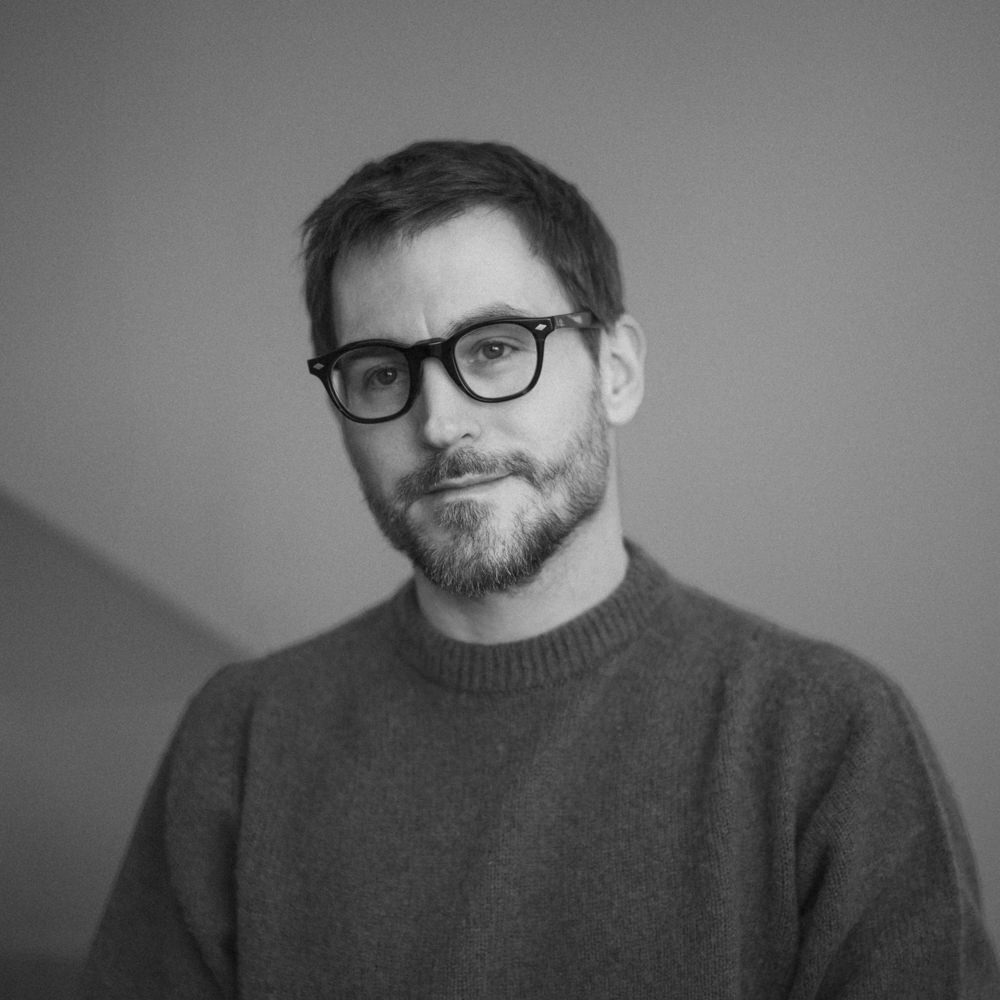![Header image for A pointable we [1/3]](/essays/images/pointable_01/pointable-title.png)
A pointable we [1/3]
The power of URLs and publishing
#Other entries in this series:
Where we’ve been.
What we’re thinking about.
What we’re reading.
We’re networking, digitizing, and indexing all of this. Building a corpus. And the growing bizarro emotional quandary is: if an act — a checkin, a highlight, a note, a meal — isn’t in the corpus, then is it real? If a tree falls in the forest …
#Adjacency and Publishing
I’m sitting here in a little cafe reading the first issue of Monkey Business.1 Edited by Motoyuki Shibata and Ted Goossen, and published by A Public Space,2 Monkey Business “is a newly founded journal of new writing from Japan and abroad with a few not-so-new works strategically slipped in.”
In this inaugural English issue there’s a conversation between Hideko Furukawa and Murakami Haruki. It’s long and wonderful and intimate. In fact, I can’t ever remember reading such a raw conversation with Murakami in English. Here’s some of my favorite passages.
On “after the quake” and Murakami’s systematic easing into third-person narrative:
Before I began I decided I’d write one story every one or two weeks, that each would feature characters that would be named, that I would write in the third person, and that the earthquake would link them all together.
On discipline and pace:
The lady who used to work at the club was amazed by how hard I worked — no other writer could match me, she said. For me, though, it was par for the course.
And then Furukawa on that pace:
I can see the athlete in you at work. It’s as if the act of running and writing had merged together.
When Murakami finished work on his book, “Sydney!” about the Sydney Olympics, he had a writing epiphany:
I came away from that process finally convinced I really knew how to write: in concrete terms, I no longer had to stop and question whether I was capable of handling a particular scene — I could go on and write whatever came into my head, even if I had no familiarity with the subject matter.
And the interview goes on and on. They discuss the alternate Muakami-esque un-real reality of post-9/11 America, and Murakami’s sense of looming mortality:
… at sixty, I pretty much know how many [novels] are left. All I have to do is count backwards.
And on and on and on some more. It’s a wonderful text that was part of a print publication released last year. And I want to point point point at it for you. But I can’t. At least not in the way we’ve become accustomed — digitally; into the publication. And I realize how entitled this may sound — but not being able to point means it feels like the text is not really out there. Like it doesn’t exist.
To not exist means in part to be offline. Which is why it’s so easy to understand this by using a print publication as an example. But the offline metaphor also extends into the digital world.
To not exist digitally means to be walled off. Silo’d. Unpointable. It means a text feels flat or lifeless or limp. Unnetworked (even if it’s on the network). It’s means to not be part of that growing corpus. Which, today, feels more damning than ever.
More in part [2/3] …
